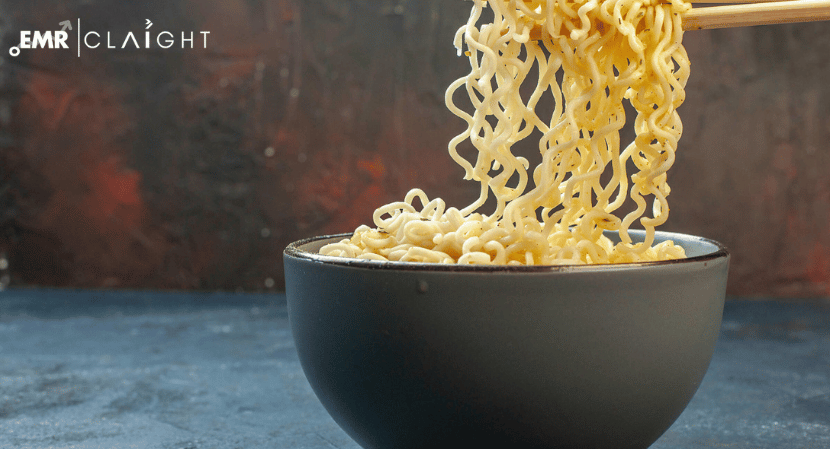Notifications

3 minutes, 20 seconds
-83 Views 0 Comments 0 Likes 0 Reviews

Instant noodles are the undisputed champion of convenience food—cheap, fast, and endlessly customizable. Found in college dorms, office drawers, and kitchen cupboards worldwide, these slurp-worthy snacks have become a staple for millions. But what are the experts saying about them?
According to a 2024 BBC Good Food article, instant noodles are more than just a meal—they're a cultural phenomenon. Originating in Japan in the 1950s, they’ve grown into a $50+ billion global industry. BBC notes that their popularity stems from the balance of affordability, shelf-life, and flavor. However, convenience often comes at a nutritional cost.
Healthline breaks it down simply: while instant noodles offer quick energy from carbohydrates, they often lack essential nutrients. A single pack can contain up to 1,800 mg of sodium—nearly 80% of the recommended daily intake. They’re also frequently made with refined flour and are low in fiber, protein, and important vitamins.
Harvard Health Publishing also warns that many instant noodles contain tertiary-butyl hydroquinone (TBHQ), a preservative that, while FDA-approved, has been linked in animal studies to potential health issues when consumed in excess.
Not all instant noodles are unhealthy. A 2023 article by The New York Times explored premium and health-conscious instant noodle brands that now offer whole grain noodles, lower sodium broths, and even added vegetables or protein. Brands like Immi and Dr. McDougall’s Right Foods are examples of companies reimagining instant noodles for a more health-aware audience.
Experts from Healthline and BBC Good Food offer practical hacks:
Add vegetables: Toss in spinach, carrots, or frozen peas to boost fiber and nutrients.
Swap the seasoning packet: Replace it with homemade broth or a dash of low-sodium soy sauce and spices.
Include protein: Add boiled eggs, tofu, or leftover chicken to make the meal more balanced.
Use only half the flavor packet: This can significantly cut back on sodium intake.
Instant noodles aren’t inherently “bad,” but moderation and customization are key. As Harvard Health suggests, they can be part of a healthy diet if consumed occasionally and enhanced with nutrient-rich ingredients. The next time you're craving ramen, consider upgrading your bowl with fresh additions and a lighter hand on the seasoning.
#InstantNoodles #HealthAndWellness #FoodFacts #ProcessedFood

